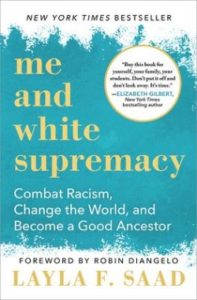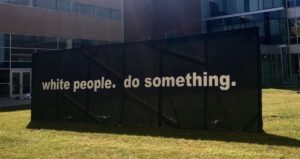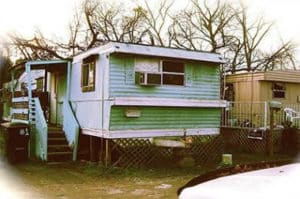Unless non-Black people, especially white people, start learning about how anti-Black racism and white supremacy has shaped us and the societies we live in — and start challenging these systems — Racism isn’t going away and Black people will continue to die.
The journey to unlearning racism and white supremacy is actual work. It can be uncomfortable, but this discomfort pales in comparison to the violence Black people endure every single day.
Anti-Black Racism Resources:
For teachers by grade level. https://docs.google.com/forms/d/e/1FAIpQLSf8dSEPILxJSkDGD25X11uZVYp-AUfHGotJgTPzgm75aLYBWw/viewform
Books:
- Opportunities for White People in the Fight for Racial Justice
- Policing Black Lives by Robyn Maynard
- White fragility by Robin DiAngelo
- The Skin We’re In by Desmond Cole
- Black Life: Post Black Lives Matter and the Struggle for Freedom by Rinaldo Walcott and Idil Abdillahi
- Until We Are Free: Reflections on Black Lives Matter in Canada edited by Rodney Diverlus, Sandy Hudson, and Syrus Marcus Ware
- Me and White Supremacy by Layla Saad
Articles and Other Readings:

Me and White Supremacy: Combat Racism, Change the World, and Become a Good Ancestor
Based on the viral Instagram challenge that captivated participants worldwide, Me and White Supremacy takes readers on a 28-day journey of how to dismantle the privilege within themselves so that they can stop (often unconsciously) inflicting damage on people of color, and in turn, help other white people do better, too.

103 Things White People Can Do for Racial Justice
Note 1: This article was last updated on September 21, 2020.
Note 2: Our work to fix what we broke and left broken. The work isn’t done until Black folks tell us it’s done.

Explaining White Privilege to a Broke White Person
I came from the kind of Poor that people don’t want to believe still exists in this country. Have you ever spent a frigid northern Illinois winter without heat or running water? I have. At twelve years old, were you making ramen noodles in a coffee maker with water you fetched from a public bathroom? I was.

How White Parents Can Use Media to Raise Anti-Racist Kids
Parents of Black and brown kids know that instilling their kids with a sense of racial identity and talking about how racism will inevitably affect their lives — and possibly even their safety — are essential life lessons. Parents of White kids, on the other hand, often don’t feel the same pressure.

In Conversation: Desmond Cole and Téa Mutonji
In January, Cole published his first book, The Skin We’re In. While his 2015 article is a personal essay, his book spans an entire year, illustrating the realities and injustices of Black Canadian life under white supremacy.
